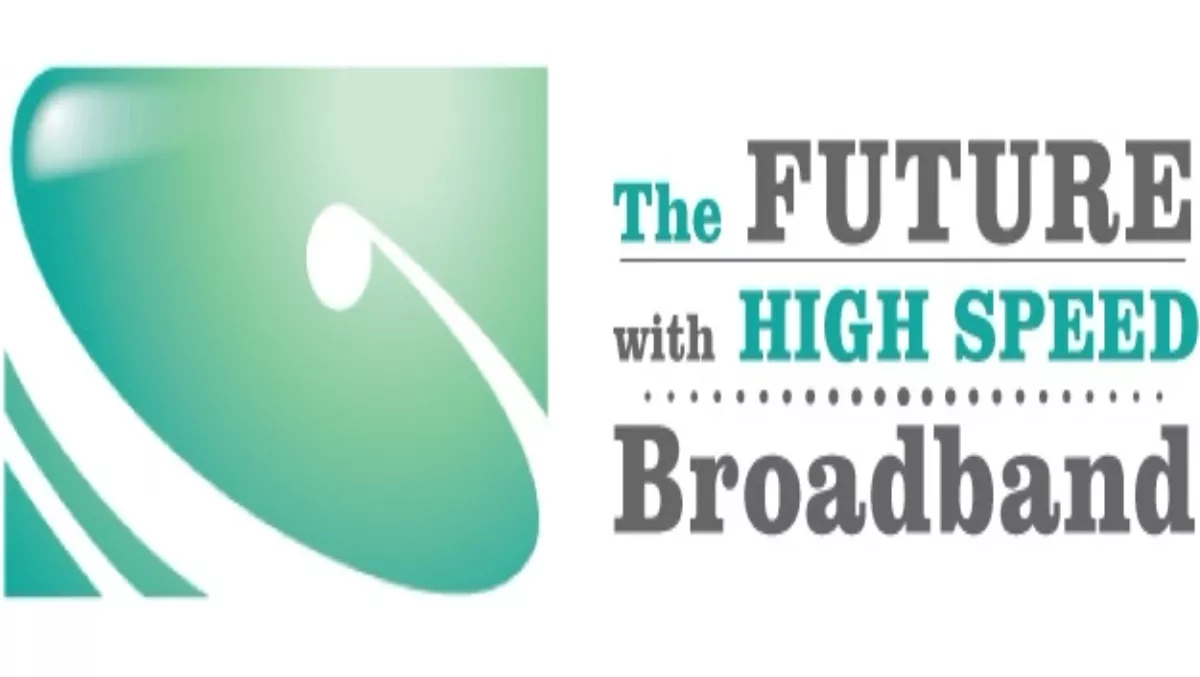
Broadband: ecosystems, not egosystems - Updated
New business models based on ‘ecosystems’ rather than ‘egosystems’ are required in order to make large-scale investments in broadband technology successful, an international expert told the Commerce Commission’s Future with High Speed Broadband conference in Auckland this morning.
Speaking to a crowd of around 250, Gerd Leonhard, who describes himself as a media ‘futurist’, introduced the term ‘telemedia’ to describe the combined product of telecommunications companies and media content providers.
"In three years, all the major economies around the world will see telcos moving into content,” Leonhard says.
"It’s a new kind of capitalist system. The future is in interconnected business models - we have to think beyond the idea of who’s directly responsible for one thing.”
For example, some overseas telcos have bundled subscriptions to music streaming services such as Spotify into their pricing plans.
The challenge is to configure the models to make it easy for people to pay for content delivery; here, Leonhard sees a trend away from copyright and towards ‘usage-right’. This means creating value for consumers & up-selling them to premium content, for example via the ‘freemium’ model used increasingly in the gaming industry.
"People will be willing to pay if you find enough value and groom the up-sell.”
In contrast, attempting to block people from sharing is a futile venture, with closed systems doomed to failure. Of course, the world's most successful technology company, Apple, is founded on a closed business model, but Leonhard says this is an exception built on the genius of Steve Jobs.
"Obsession with control inevitably leads to decline.”
Open systems have their challenges too, such as risk of addiction due to overwhelming volume, a tendency for consumers to skim the surface of content due to lower investment, and the issue of standards and transparency in data gathering.
"Personal data is the oil of the internet, and the new currency of the digital world,” Leonhard says.
"But it can’t all be about commercial gains. We have to agree on a public transparency - but who decides?”
The Future with High Speed Broadband conference has been organised by the Commerce Commission to identify factors that may influence the uptake of Ultra Fast Broadband in New Zealand. The event runs for two days, and can be viewed via live stream here.
Update: With truly expert timing, actor Stephen Fry has drawn attention to the state of broadband in New Zealand on the very day the Commerce Commission kicked off a conference looking at the future of the technology.
Fry, in New Zealand for the filming of The Hobbit, tweeted at around 6:30 this morning that New Zealand's broadband is 'pathetic' and that kiwis should 'rise up' and 'demand better'.
It has since emerged that Fry had exceeded the download limit on the connection he was using, and the connection had subsequently been throttled; however, this has only served to draw attention to the throttling practice, which Fry says 'makes as much sense as closing a lane of traffic because there's congestion'.
The whole affair took place as delegates from around the country were gathered in Auckland for the Future of High Speed Broadband conference, a meeting to discuss 'factors that may affect the uptake of high speed broadband in New Zealand'. The tweets of a British actor probably weren't on the agenda, but they have perfectly demonstrated the nature of modern telecommunication.

